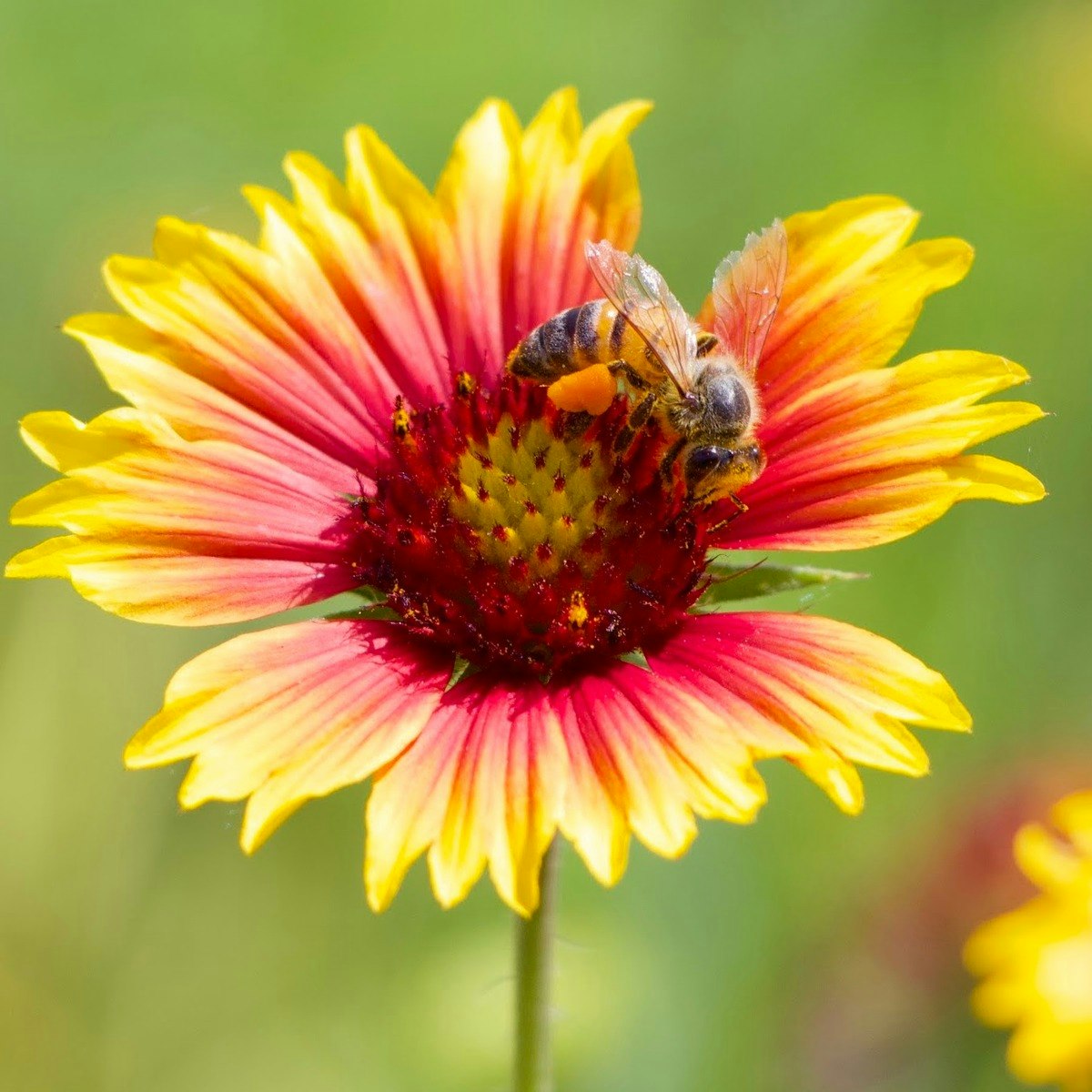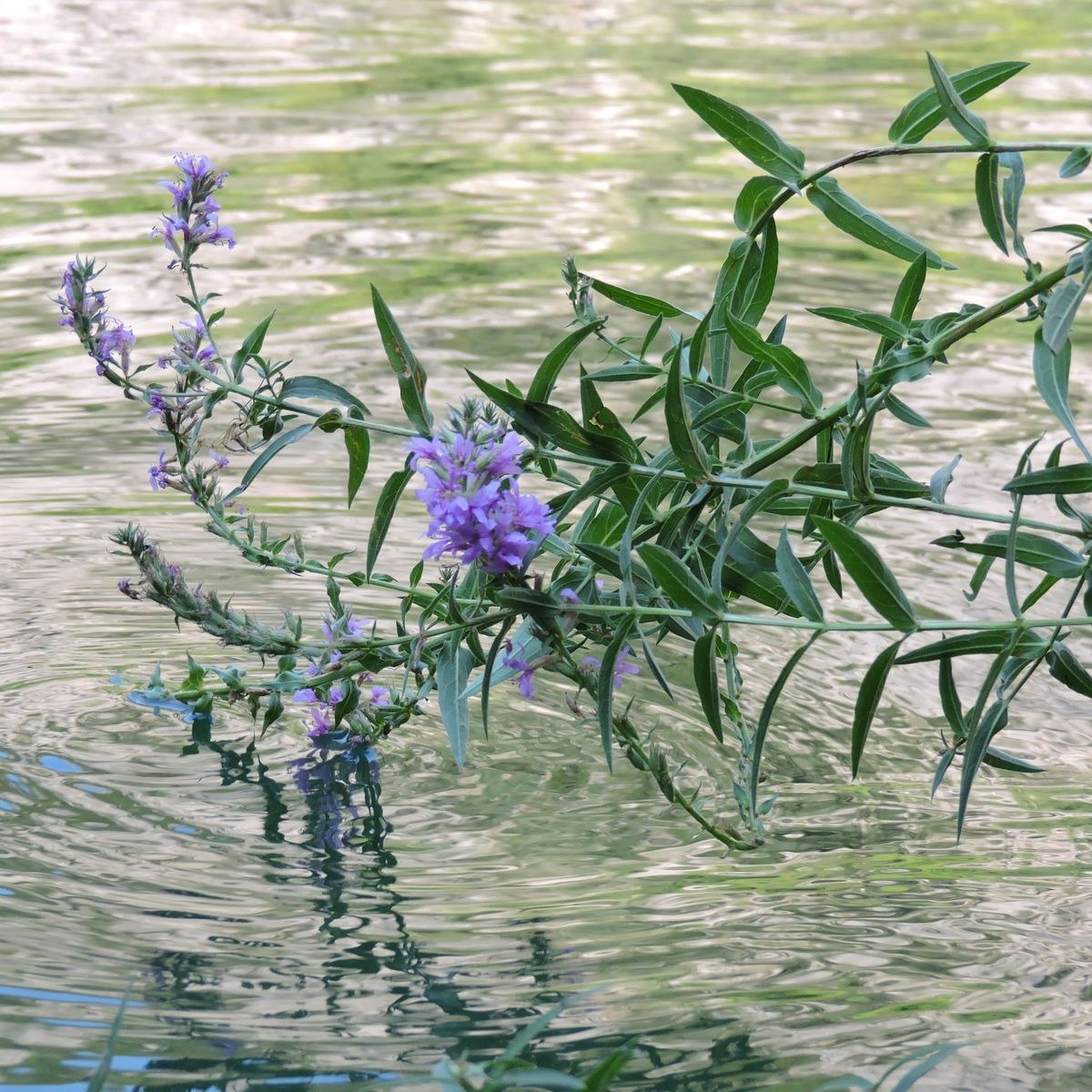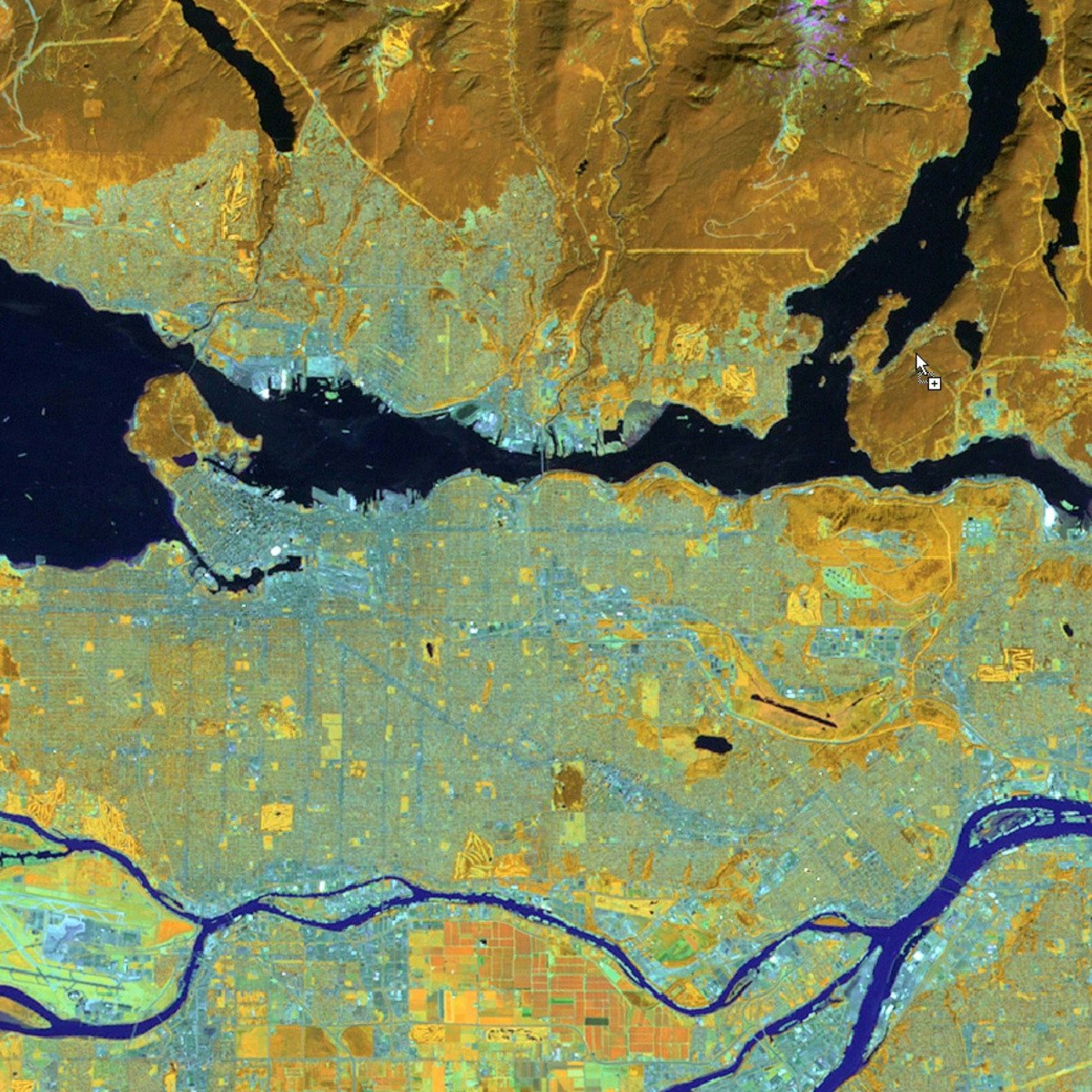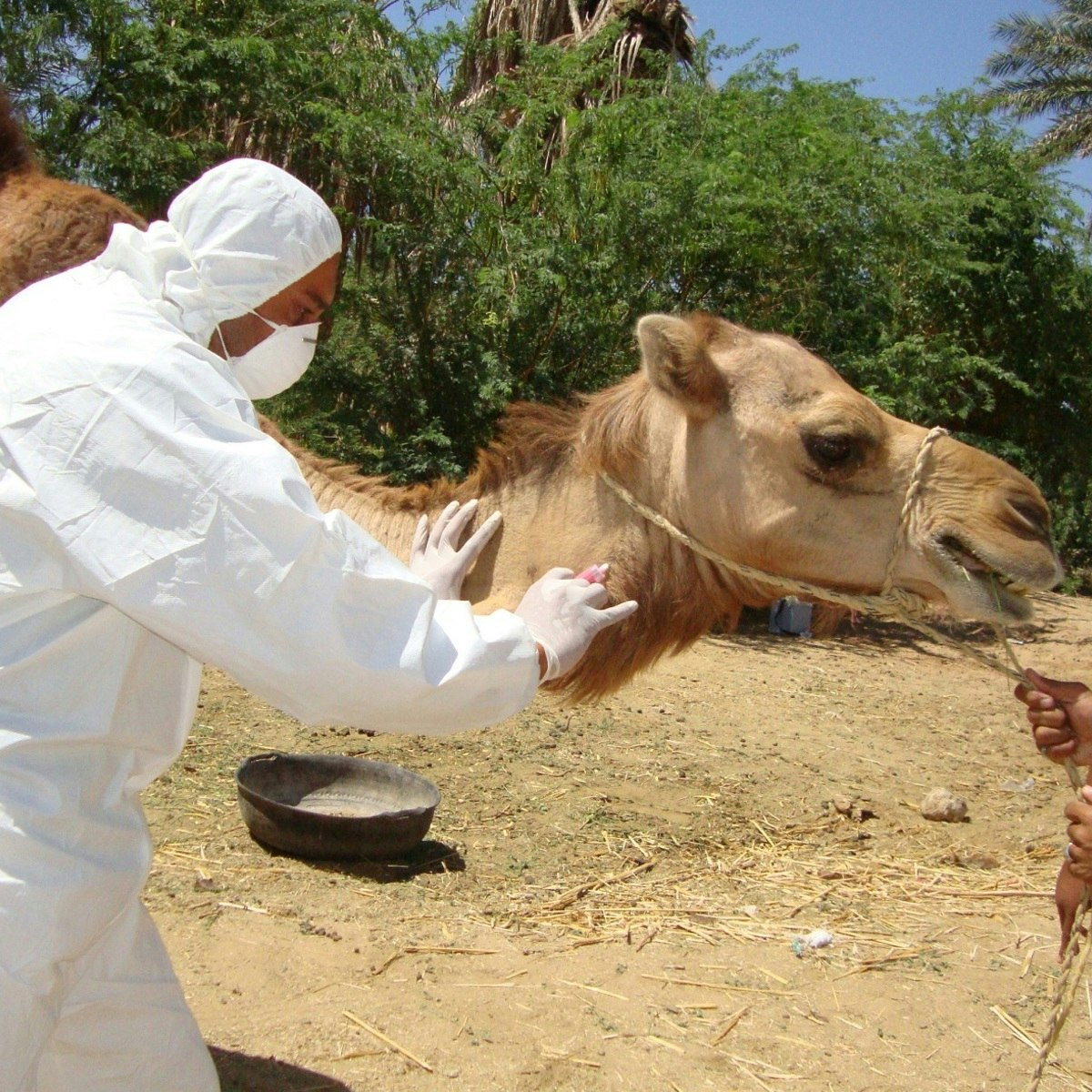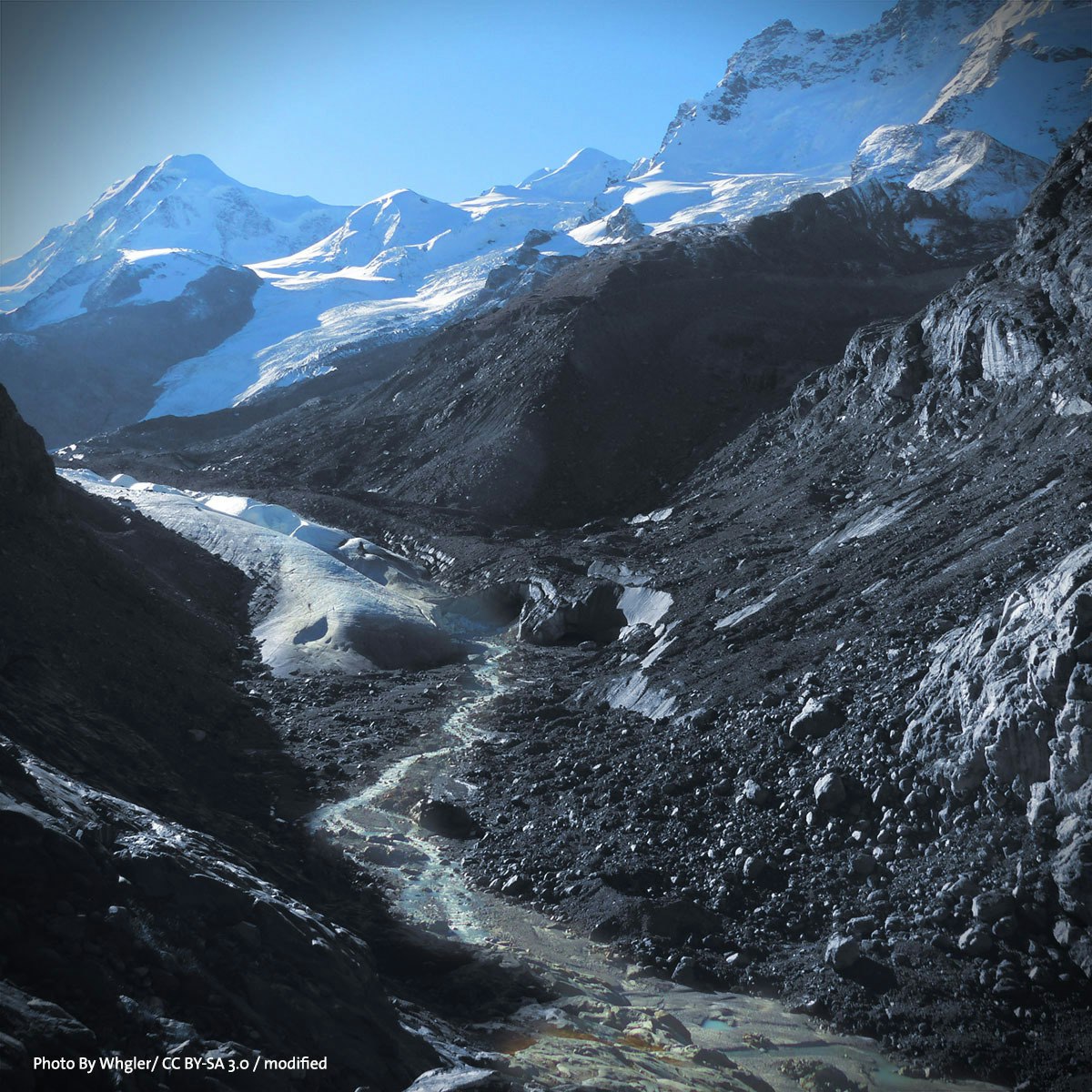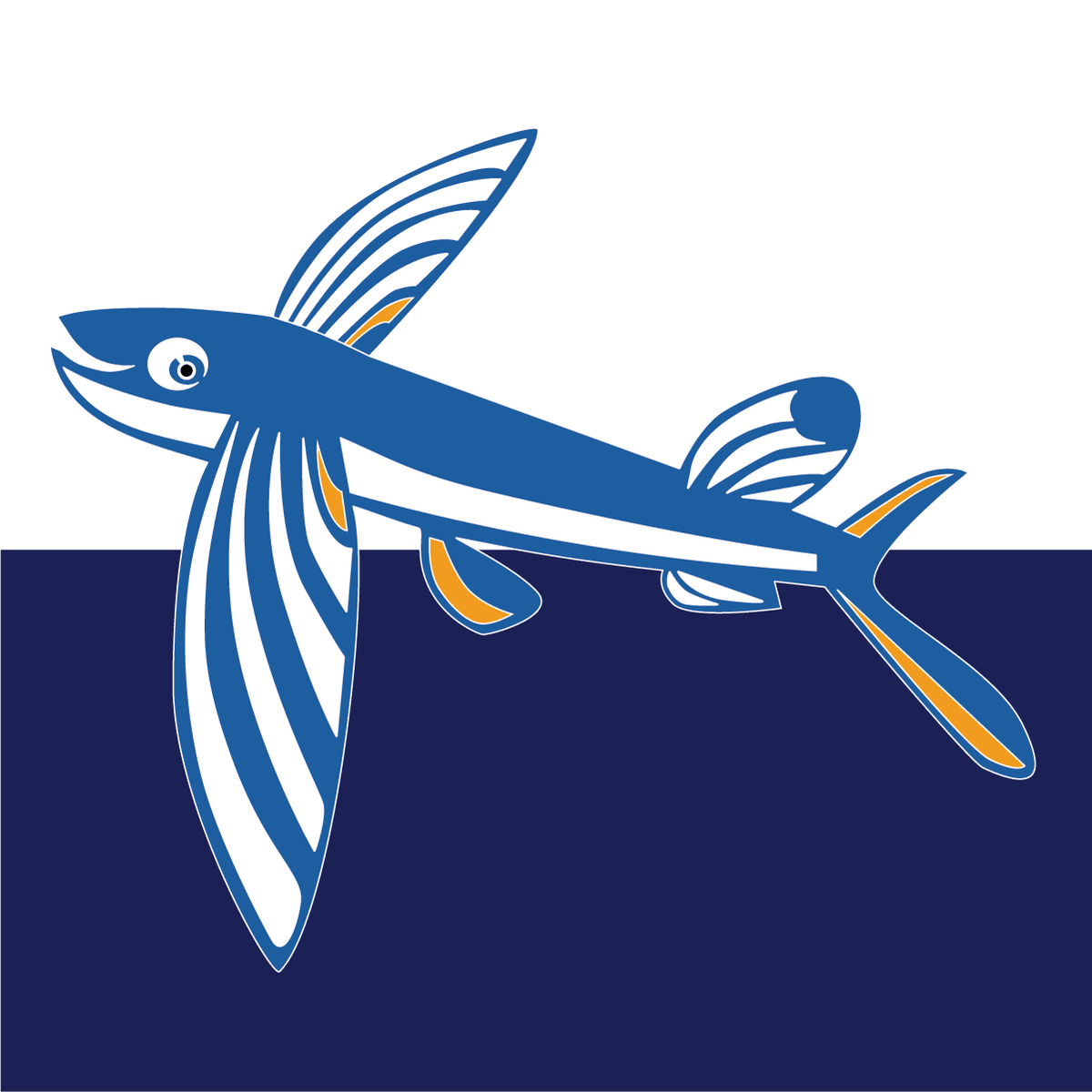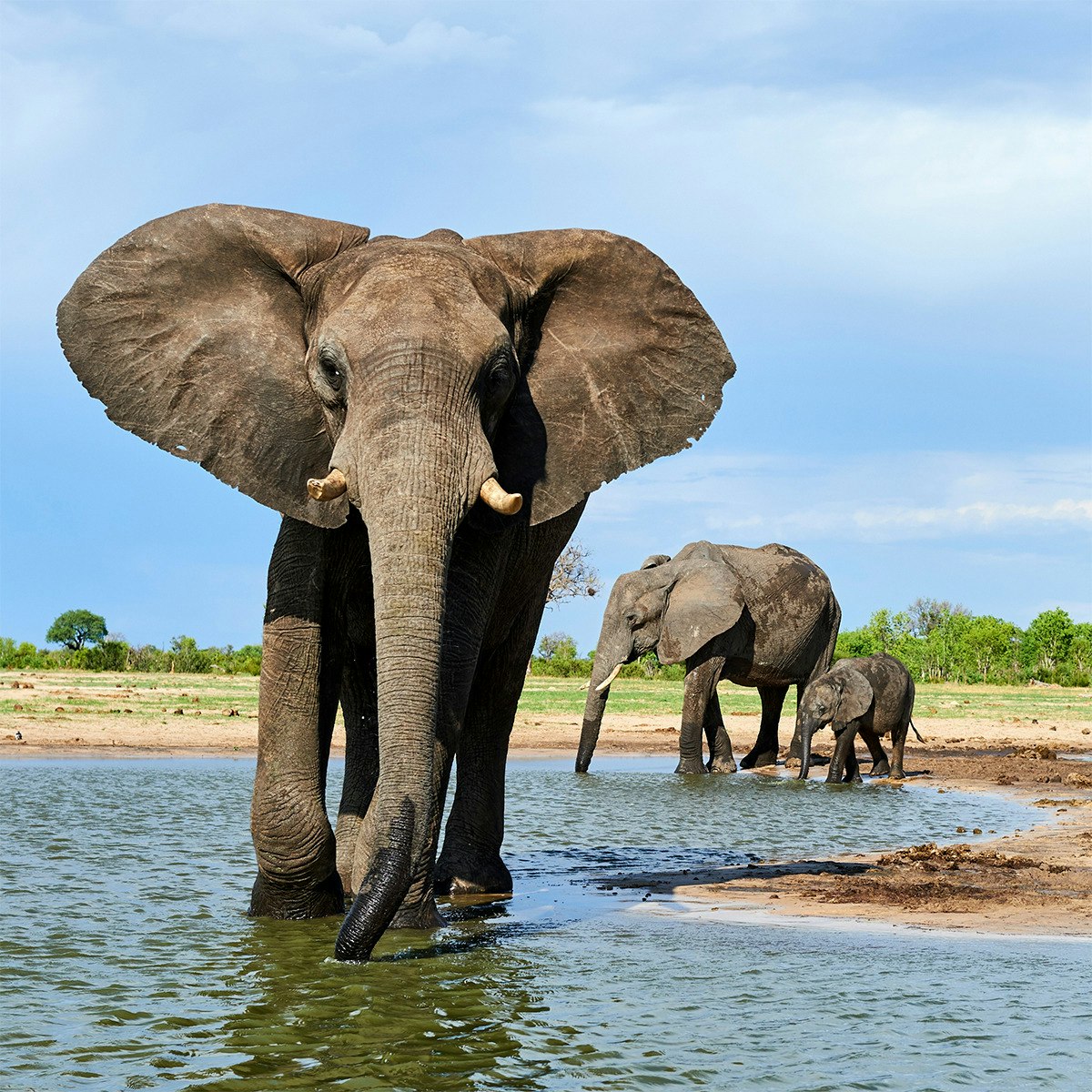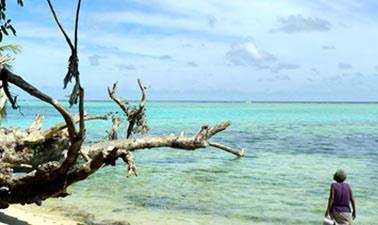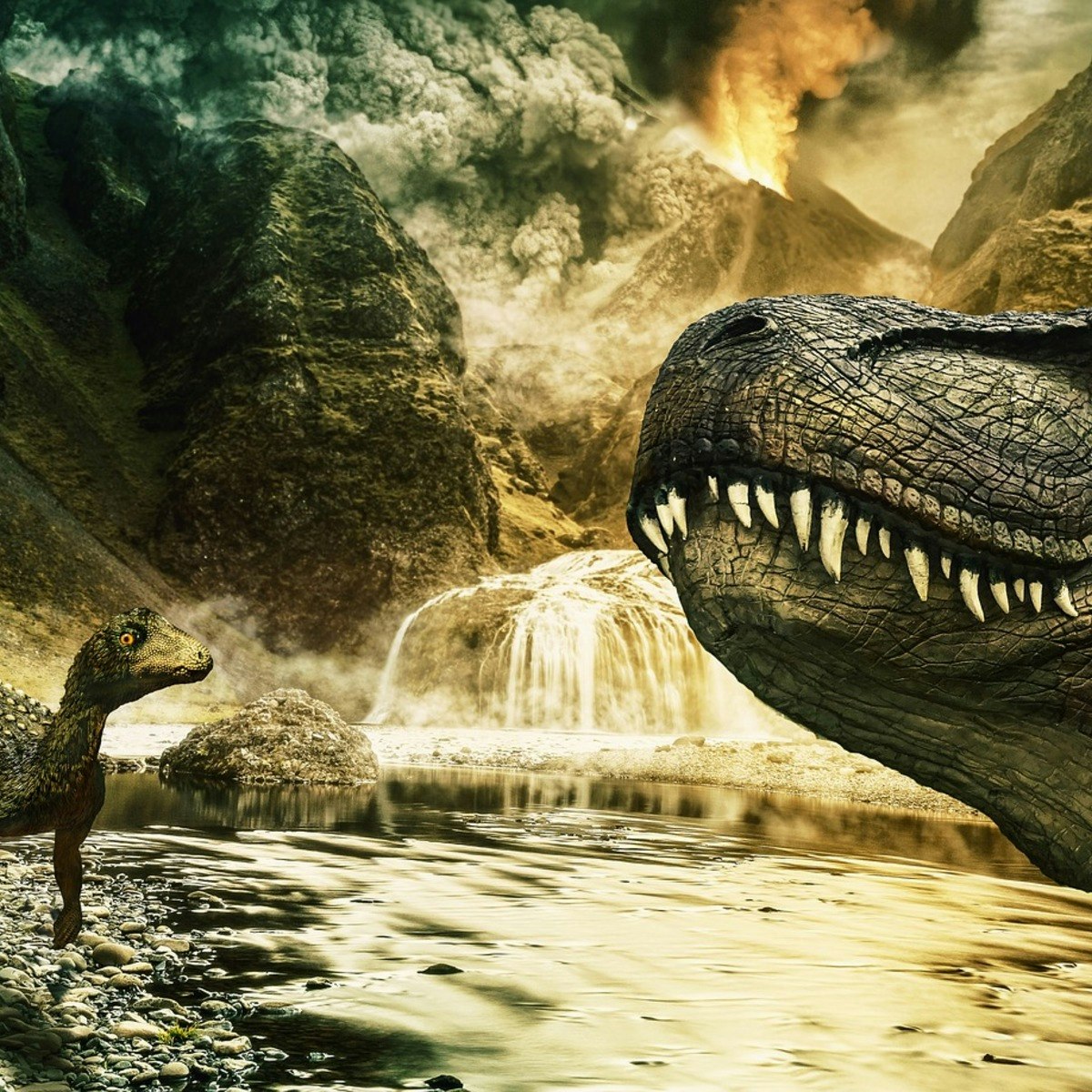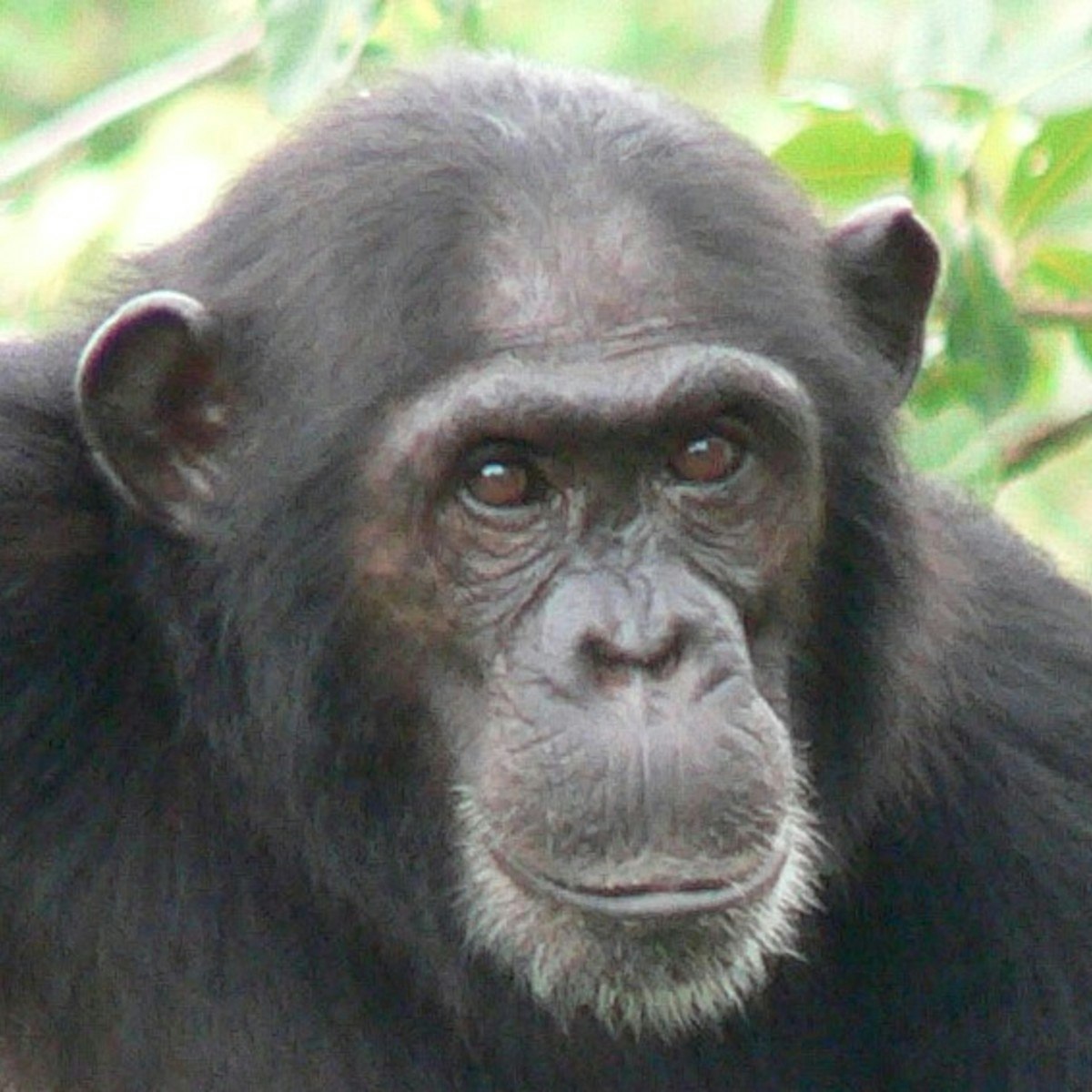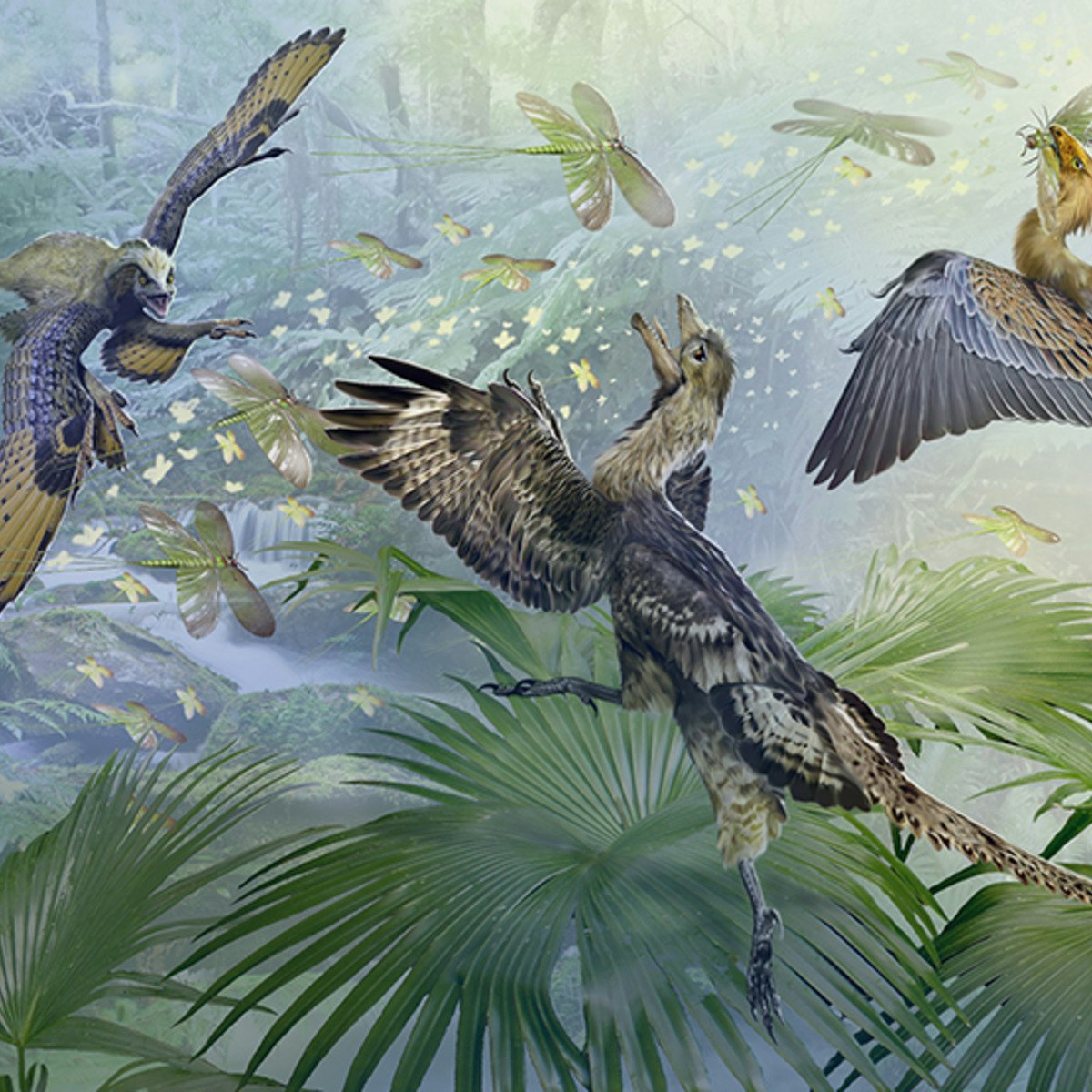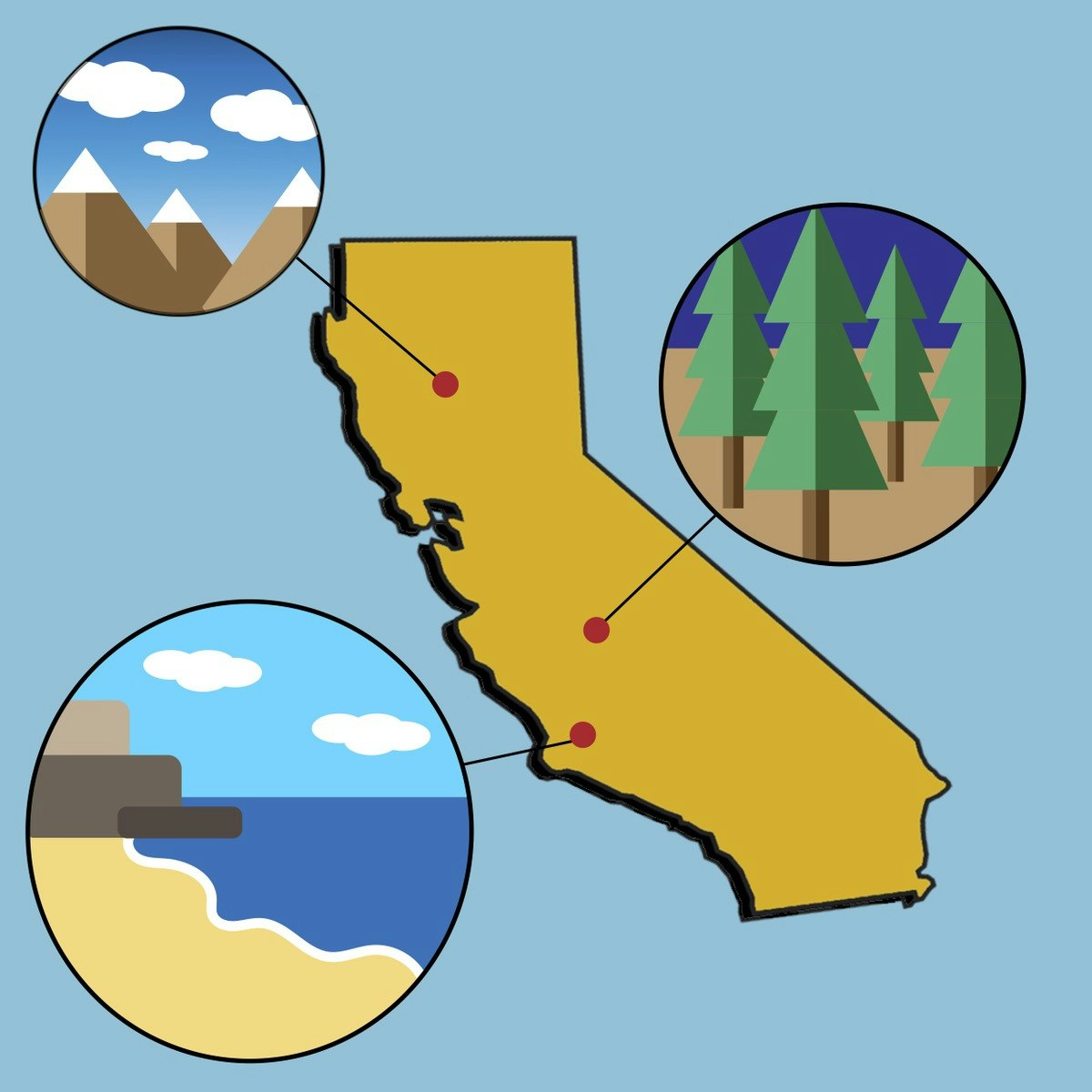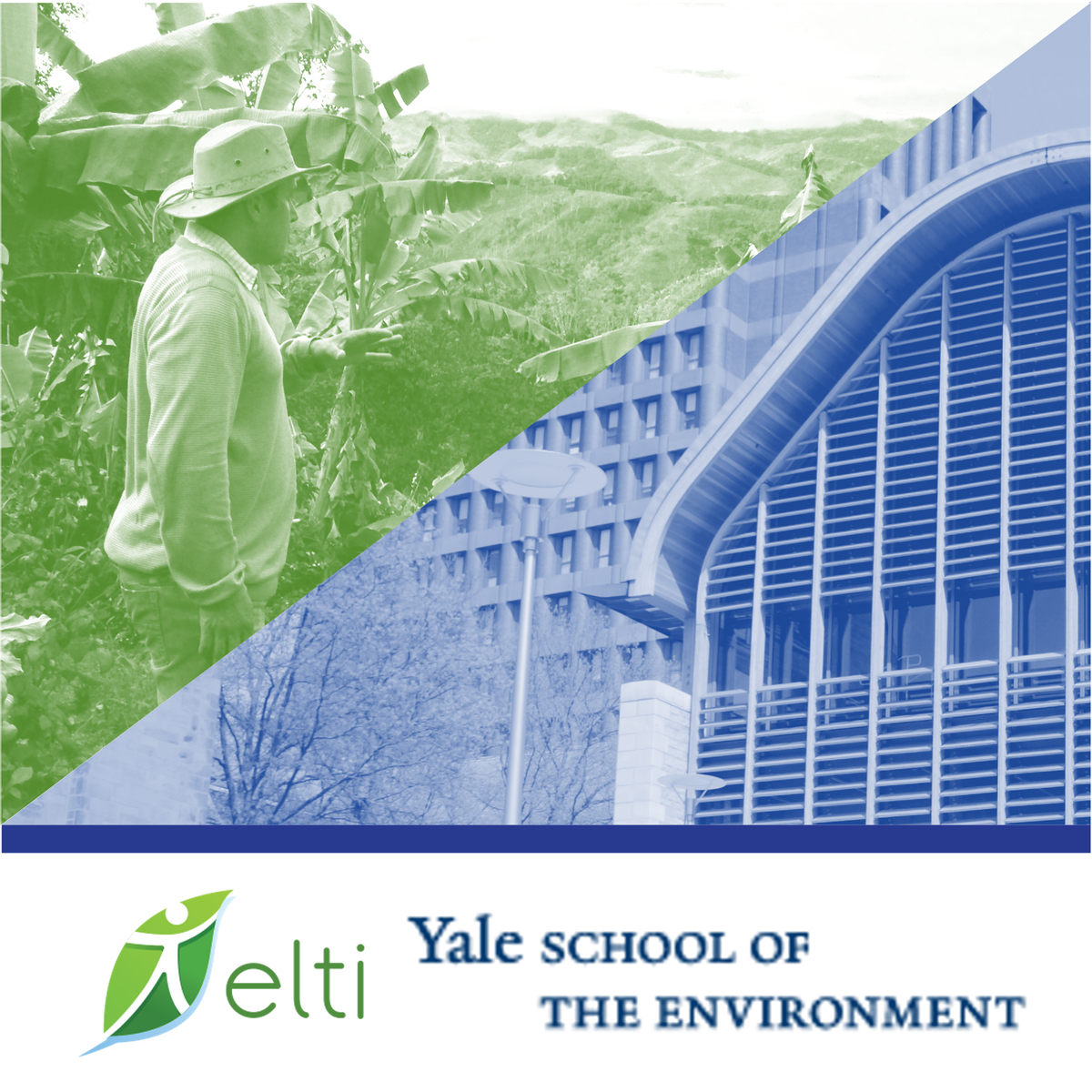Wildlife Biologist
Wildlife Biologist: A Career Guide
Wildlife biology is the scientific study of animals and their habitats in the wild. It delves into the intricate relationships between organisms and their environments, exploring behavior, physiology, genetics, population dynamics, and conservation needs. Professionals in this field work to understand and protect biodiversity, manage wildlife populations, and restore ecosystems.
Working as a wildlife biologist offers the unique opportunity to contribute directly to conservation efforts, often involving fieldwork in diverse and sometimes remote natural settings. It's a career driven by a passion for the natural world and a commitment to scientific inquiry, blending rigorous research with practical management applications to address pressing environmental challenges.
Introduction to Wildlife Biologist Careers
What is Wildlife Biology?
Wildlife biology is a specialized branch of biology focused on understanding wild animals, their ecological roles, and the ecosystems they inhabit. It encompasses a broad range of study areas, from the molecular level of genetics and physiology to the broader scales of population dynamics, community interactions, and landscape ecology. The discipline seeks to unravel the complexities of animal life in natural settings.
The scope of wildlife biology extends beyond mere observation. It involves active research to understand animal behavior, migration patterns, reproductive strategies, and dietary needs. It also includes assessing how environmental factors, both natural and human-induced, impact wildlife populations and their habitats.
Ultimately, wildlife biology aims to generate knowledge that can inform conservation strategies, wildlife management practices, and public policy. It's an inherently interdisciplinary field, often drawing upon knowledge from ecology, zoology, botany, genetics, veterinary medicine, and even social sciences to address complex conservation issues effectively.
Goals and Impact
The primary goals of wildlife biologists revolve around conservation, research, and informing policy. Conservation efforts focus on protecting endangered species, preserving biodiversity hotspots, and restoring degraded habitats. This often involves developing and implementing management plans to ensure the long-term survival of wildlife populations.
Research is fundamental to achieving these conservation goals. Wildlife biologists conduct studies to understand population trends, identify threats, evaluate the effectiveness of conservation actions, and explore the basic biology of different species. This research provides the scientific foundation for evidence-based decision-making in wildlife management and policy.
Furthermore, wildlife biologists play a crucial role in translating scientific findings into actionable policy recommendations. They often advise government agencies, non-governmental organizations (NGOs), and lawmakers on issues related to wildlife protection, habitat management, and sustainable resource use, thereby influencing environmental regulations and conservation initiatives.
Where Do Wildlife Biologists Work?
Wildlife biologists find employment across various sectors, each offering unique opportunities and challenges. Government agencies at the federal, state, and local levels are major employers. Agencies like the U.S. Fish and Wildlife Service, the U.S. Geological Survey, the National Park Service, and state departments of natural resources hire biologists for research, management, and enforcement roles.
Non-governmental organizations (NGOs) focused on conservation, such as The Nature Conservancy, World Wildlife Fund, and Audubon Society, also employ wildlife biologists. These roles often involve fieldwork, advocacy, public education, and managing conservation projects both domestically and internationally.
Academia provides another significant career path. Universities and research institutions employ wildlife biologists as professors and researchers who teach students, conduct independent research, publish scientific papers, and secure grants. Additionally, private environmental consulting firms hire biologists to conduct wildlife surveys and environmental impact assessments for development projects.
Educational Pathways for Aspiring Wildlife Biologists
Foundational Education: Undergraduate Degrees
A bachelor's degree is typically the minimum educational requirement for entry-level positions in wildlife biology. Relevant majors include wildlife biology, biology, ecology, zoology, environmental science, or natural resource management. These programs provide a strong foundation in biological principles, ecological concepts, and scientific methods.
Coursework usually covers subjects like general biology, chemistry, physics, mathematics (including statistics), genetics, evolution, and ecology. Specific courses in vertebrate or invertebrate zoology, botany, animal behavior, conservation biology, and population ecology are also crucial. Strong analytical and writing skills are essential, so courses in technical writing and communication are beneficial.
Gaining practical experience during undergraduate studies is highly recommended. Internships, volunteer work, or summer jobs with government agencies, NGOs, or university researchers provide invaluable hands-on experience in fieldwork, data collection, and lab techniques, making graduates more competitive for jobs or graduate school admission.
To build a solid base, consider exploring foundational courses online. Platforms like OpenCourser list numerous options covering core biological and ecological principles.
Advanced Studies: Graduate Programs and Research
While a bachelor's degree can open doors to some entry-level roles, such as technician positions, a graduate degree (Master's or Ph.D.) is often necessary for research positions, university teaching, and higher-level management or policy roles. Graduate programs allow for specialization within the field.
A Master of Science (M.S.) degree typically takes two to three years and often involves coursework and a research thesis. This degree can qualify individuals for biologist positions involving management, data analysis, and project coordination. A Doctor of Philosophy (Ph.D.) is more research-intensive, usually taking four to six years, and is required for most university faculty positions and high-level research roles in government or NGOs.
Choosing a graduate program involves finding faculty whose research aligns with your interests. Strong academic performance, relevant research experience, and solid letters of recommendation are key components of a successful graduate school application. Funding often comes through research assistantships, teaching assistantships, or fellowships.
These introductory books cover core concepts often explored further in graduate studies. They provide a solid background in behavioral ecology and evolution.
Essential Field Skills and Certifications
Practical fieldwork experience is paramount in wildlife biology. Employers highly value candidates who possess hands-on skills relevant to data collection and research in natural environments. This includes techniques like wildlife tracking, trapping and handling (often requiring specific permits), conducting population surveys (e.g., point counts, transects), habitat assessment, and collecting biological samples.
Proficiency in certain technologies is increasingly important. Geographic Information Systems (GIS) software is widely used for mapping habitats, analyzing spatial data, and modeling species distributions. Familiarity with GPS technology, remote sensing techniques, and potentially drone operation can also be advantageous.
While not always mandatory, specific certifications can enhance a resume. Examples include certifications in wilderness first aid, boating safety, or specialized techniques like chemical immobilization or electrofishing, depending on the specific job requirements. Acquiring necessary permits for handling protected species or working in certain areas is also a critical aspect of the profession.
These courses offer training in spatial analysis and field techniques relevant to wildlife biology. Developing skills in GIS and data handling is crucial for modern ecological research.
Skill Development and Competencies
Mastering Field Research Techniques
Proficiency in field research techniques forms the backbone of many wildlife biology roles. This involves designing and implementing studies to collect reliable data in often challenging conditions. Key skills include identifying species (animals, plants, signs), navigating using maps and GPS, and employing various survey methods tailored to specific research questions and target species.
Common techniques include live trapping and marking animals for population studies (mark-recapture), using telemetry (radio, GPS, satellite tags) to track movements and habitat use, conducting vegetation surveys to assess habitat quality, and setting up camera traps for monitoring elusive species. Careful observation skills and meticulous data recording are essential.
Safety in the field is also a critical competency. This includes awareness of potential hazards (weather, terrain, wildlife encounters), proper use of equipment, and adherence to safety protocols. Experience working in remote or rugged environments is often beneficial.
These courses can help develop observation skills and understanding of animal behavior in the wild. Learning tracking fundamentals can be a valuable asset in the field.
These books provide insights into animal behavior and ecology, foundational knowledge for interpreting field observations.
Data Analysis and Interpretation
Collecting data in the field is only the first step; analyzing and interpreting that data is equally crucial. Wildlife biologists must be proficient in statistical analysis to draw meaningful conclusions from their research. This involves understanding statistical concepts, choosing appropriate analytical methods, and using statistical software.
Commonly used software includes R (a powerful open-source language for statistical computing and graphics), SAS, and specialized programs for population modeling or spatial analysis within GIS platforms like ArcGIS or QGIS. Skills in database management are also valuable for organizing and handling large datasets efficiently.
Beyond statistical analysis, biologists often use mathematical models to understand population dynamics, disease transmission, or the potential impacts of management actions. The ability to interpret complex data, identify patterns, and synthesize findings into clear reports is essential for communicating research results effectively.
These courses cover ecosystem modeling and data processing, important skills for analyzing biological data.
Communication and Collaboration
Strong communication skills are vital for wildlife biologists, who need to convey complex scientific information to diverse audiences. This includes writing clear and concise technical reports, research proposals, and scientific publications for peer review. Presenting research findings at conferences or public meetings requires effective oral communication skills.
Biologists often need to communicate with non-scientific audiences, including policymakers, land managers, stakeholders, and the general public. Translating scientific jargon into understandable language is key for public education, outreach, and influencing conservation policy. Skills in developing educational materials or using social media for science communication can be beneficial.
Collaboration is also fundamental to the field. Wildlife biologists frequently work in teams with other scientists, technicians, land managers, and community members. The ability to work effectively with others, manage projects, and navigate differing perspectives is essential for successful conservation outcomes.
Work Environments and Fieldwork Realities
Balancing Field, Lab, and Office Work
The day-to-day work of a wildlife biologist can vary significantly depending on the specific role, employer, and time of year. Many positions involve a mix of fieldwork, laboratory analysis, and office-based tasks like data analysis, report writing, and project planning.
Fieldwork schedules can be irregular and demanding, sometimes requiring long hours, work on weekends or holidays, and extended periods away from home, especially during peak seasons for data collection (e.g., breeding or migration periods). Conversely, other times of the year might be dominated by office work, analyzing data collected previously, writing reports, or preparing grant proposals.
Some roles are primarily field-based (e.g., field technicians), while others might be mostly lab-based (e.g., geneticists) or office-based (e.g., policy analysts, some management positions). Understanding the typical balance for different types of positions is important when considering career paths within wildlife biology.
Physical Demands and Travel
Fieldwork in wildlife biology often requires a good level of physical fitness. Biologists may need to hike long distances over difficult terrain, carry heavy equipment, work in extreme weather conditions (heat, cold, rain, snow), and potentially handle large or uncooperative animals.
Travel is frequently a component of the job, ranging from local day trips to extended stays in remote locations with basic living conditions. This might involve camping, staying in field stations, or traveling internationally for research or conservation projects. Adaptability and resilience are key traits for thriving in such environments.
While not all wildlife biology jobs are physically demanding or involve extensive travel, many research and management positions require a willingness and ability to work outdoors in challenging circumstances. It's important for aspiring biologists to realistically assess their comfort level with these aspects of the profession.
For those undertaking extensive fieldwork in remote areas, preparedness is key. While not directly wildlife biology, understanding backcountry essentials can be helpful.
Working with Diverse Communities
Effective wildlife conservation often necessitates collaboration with a wide range of people and communities. Wildlife biologists may need to work closely with private landowners, agricultural producers, recreational users (hunters, anglers, hikers), industry representatives, and local community members to implement management plans or address human-wildlife conflicts.
In many regions, collaboration with Indigenous communities is particularly important. Respecting Indigenous rights, incorporating traditional ecological knowledge, and building partnerships based on mutual trust are crucial for conservation success on lands with historical or contemporary Indigenous stewardship.
Strong interpersonal skills, cultural sensitivity, and the ability to communicate effectively across different backgrounds and perspectives are essential. Building positive relationships and fostering collaborative approaches are often key to achieving long-term conservation goals that benefit both wildlife and people.
Understanding human dimensions and collaborative governance is increasingly important in conservation.
Wildlife Biologist Career Path and Progression
Starting Out: Entry-Level Roles
Entry into the wildlife biology field often begins with seasonal or temporary positions, typically as field technicians or research assistants. These roles provide valuable hands-on experience but may offer limited job security initially. A bachelor's degree is usually sufficient for these positions.
Duties in entry-level roles commonly involve assisting senior biologists with data collection, conducting surveys, maintaining equipment, entering data, and sometimes performing basic laboratory tasks. These positions offer exposure to different research methods and work environments, helping individuals identify areas of interest for further specialization.
Competition for permanent entry-level biologist positions can be strong. Gaining diverse experiences through multiple temporary roles, demonstrating a strong work ethic, and networking within the field can improve prospects for securing more stable employment.
Specialization and Mid-Career Growth
With experience and often a graduate degree, wildlife biologists can advance to more specialized roles. Mid-career positions might involve leading field crews, managing specific projects or programs, conducting independent research, or specializing in a particular area of expertise.
Specializations can be taxonomic (e.g., ornithologist, mammalogist, herpetologist), habitat-based (e.g., forest ecologist, wetlands biologist), or thematic (e.g., endangered species management, conservation genetics, wildlife disease ecology, human-wildlife conflict resolution). These roles often require deeper knowledge and advanced analytical skills.
Mid-career progression may involve taking on greater responsibilities in data analysis, report writing, grant writing, budget management, and supervising junior staff. Continuous learning and professional development are important for staying current in the field and advancing one's career.
These careers represent potential specializations or closely related fields.
Reaching Leadership Positions
Experienced wildlife biologists with advanced degrees and a strong track record can move into leadership positions. These roles often involve overseeing large research programs, directing conservation initiatives, managing budgets and staff, and influencing policy decisions at higher levels.
In government agencies, leadership roles might include program managers, regional supervisors, or chief scientists. Within NGOs, senior positions could involve directing conservation programs, leading policy advocacy efforts, or fundraising. In academia, advancement leads to tenured professorships, department leadership, or directing research centers.
Leadership positions typically require not only scientific expertise but also strong management, communication, strategic planning, and interpersonal skills. These roles often involve less direct fieldwork and more time spent on administrative tasks, stakeholder engagement, and shaping the future direction of wildlife research and conservation.
Ethical and Environmental Considerations
Navigating Human-Wildlife Conflicts
A significant challenge in wildlife management involves addressing conflicts between human activities and wildlife needs. These conflicts can range from wildlife damaging crops or livestock, to vehicle collisions with animals, to risks posed by zoonotic diseases. Wildlife biologists often work to develop and implement strategies to mitigate these conflicts.
Solutions may involve non-lethal methods like deterrents, habitat modification, or translocation, but sometimes lethal control measures are considered. These situations present complex ethical dilemmas, requiring biologists to balance conservation goals, animal welfare concerns, public safety, and stakeholder interests. Understanding the social and economic dimensions of conflicts is crucial.
Developing effective conflict mitigation strategies requires careful research, community engagement, and adaptive management approaches. Ethical considerations must guide decisions, ensuring that actions are scientifically sound, humane, and socially acceptable whenever possible.
Understanding animal behavior and potential disease transmission is key to managing conflicts.
Addressing Climate Change Impacts
Climate change poses a profound threat to wildlife and ecosystems globally. Wildlife biologists are increasingly focused on understanding how changing temperatures, altered precipitation patterns, sea-level rise, and extreme weather events affect species distributions, phenology (timing of biological events), and survival.
Research priorities include identifying species and habitats most vulnerable to climate change, modeling future impacts, and developing adaptation strategies. This might involve facilitating species movement through habitat corridors, managing ecosystems for resilience, or, in some cases, considering assisted migration for highly threatened species.
Integrating climate change considerations into all aspects of wildlife research, management, and conservation planning is becoming essential. Biologists play a critical role in monitoring changes, predicting future scenarios, and advising on actions to help wildlife adapt to a rapidly changing world.
These courses explore climate change impacts, particularly in sensitive environments like the Arctic and mountains.
Conservation vs. Development
Wildlife biologists frequently operate at the interface between conservation needs and human development pressures. Balancing the demand for resources, infrastructure, and economic growth with the need to protect biodiversity and maintain ecosystem functions is a constant challenge.
This often involves conducting environmental impact assessments to evaluate the potential effects of development projects (e.g., roads, dams, housing developments) on wildlife and habitats. Biologists may recommend mitigation measures to minimize harm or advocate for alternative approaches that avoid sensitive areas.
Navigating these issues requires a strong understanding of ecological principles, conservation law, and policy processes. It also demands skills in negotiation and communication to work effectively with developers, government agencies, and conservation advocates to find sustainable solutions that support both human well-being and biodiversity.
Industry Trends and Challenges
Technological Innovations
The field of wildlife biology is continuously evolving with advancements in technology. Tools like GPS and satellite telemetry allow for more detailed tracking of animal movements and habitat use than ever before. Camera traps provide non-invasive ways to monitor wildlife populations, especially elusive species.
Genetic and genomic techniques, including environmental DNA (eDNA) analysis, offer powerful new ways to detect species presence, assess genetic diversity, and understand population connectivity without directly capturing or observing animals. Remote sensing using satellite imagery and drones (UAVs) enables large-scale habitat mapping and monitoring.
These technologies generate vast amounts of data, increasing the importance of skills in data management, computational analysis, and bioinformatics. While technology enhances research capabilities, it also necessitates ongoing learning and adaptation for professionals in the field.
These courses explore some of the newer technologies being applied in ecological research.
Funding Landscape
Funding for wildlife research and conservation can be a significant challenge. Government agencies, which are major employers and funders, often face budget constraints and shifting political priorities. This can impact the stability of long-term research projects and management programs.
Consequently, many wildlife biologists, particularly in academia and NGOs, rely heavily on securing competitive grants from government sources (like the National Science Foundation) or private foundations. Grant writing skills and a strong research track record are crucial for obtaining funding.
The dependency on grant cycles and fluctuating agency budgets can create uncertainty in the field. Diversifying funding sources and demonstrating the societal benefits of wildlife conservation are ongoing efforts to ensure sustained support for this vital work.
Policy and Regulatory Environment
Wildlife conservation operates within a complex framework of national and international laws and regulations, such as the Endangered Species Act (ESA) in the United States or CITES (Convention on International Trade in Endangered Species of Wild Fauna and Flora). Changes in these policies can significantly impact research priorities, management practices, and funding availability.
Wildlife biologists must stay informed about relevant legislation and regulatory changes. They often play a role in providing scientific input during policy development or commenting on proposed regulations. Understanding the legal and political context is essential for effective conservation action.
Challenges include ensuring that policies are based on the best available science, adapting to new regulations, and addressing emerging threats like invasive species or wildlife diseases within existing legal frameworks. Navigating these complexities requires both scientific expertise and an understanding of the policy process.
Online Learning Opportunities in Wildlife Biology
Building Foundational Knowledge Online
Online courses offer flexible and accessible ways to build a strong foundation in the core concepts relevant to wildlife biology. Numerous platforms provide courses covering general biology, ecology, evolution, genetics, and statistics, often taught by instructors from reputable universities.
These courses can be particularly beneficial for individuals exploring the field, supplementing formal education, or seeking to refresh their knowledge. They allow learners to study at their own pace and often provide interactive elements like quizzes and forums. Browsing biology or environmental science courses on OpenCourser can reveal introductory options.
Using online resources effectively requires self-discipline. Setting learning goals, creating a schedule, and actively engaging with the material can maximize the benefits of online study. The OpenCourser Learner's Guide offers tips for successful online learning.
These online courses provide introductions to ecological principles, biodiversity, and conservation dynamics.
Exploring Specialized Topics Virtually
Beyond foundational knowledge, online learning platforms also offer courses on more specialized topics within wildlife biology and conservation. Learners can find courses focusing on specific taxa (like primates or dinosaurs), particular ecosystems (like tropical forests or Arctic environments), or specialized techniques.
Topics such as animal behavior, wildlife health, conservation policy, GIS applications in ecology, or even wildlife forensics might be available online. These specialized courses can help individuals deepen their expertise in areas of interest or acquire specific skills needed for career advancement.
Exploring these specialized courses can also help aspiring biologists identify potential areas for graduate research or career focus. They provide exposure to current research frontiers and methodologies used in different subfields of wildlife biology.
These courses delve into specialized areas like chimpanzee behavior, paleontology, and ecological psychology.
Consider these books for deeper dives into specialized topics like wildlife forensics and animal immobilization.
Enhancing Your Profile
Online learning can complement traditional education and experience by helping build a portfolio of skills and knowledge. Some online courses include project-based components or virtual labs that allow learners to apply concepts and develop practical skills.
Participating in online citizen science projects (like eBird or Zooniverse) is another way to gain experience in data collection and contribute to real research efforts remotely. Documenting completed online courses, projects, and citizen science contributions can strengthen a resume or graduate school application.
Platforms like OpenCourser allow users to save courses to lists, which can be curated into learning pathways or shared to showcase acquired knowledge. While online learning cannot fully replace hands-on field experience, it provides valuable opportunities for continuous learning and skill development in the competitive field of wildlife biology.
These courses offer project-based learning or focus on specific environmental contexts like California's ecosystems or forest restoration.
Frequently Asked Questions (Career Focus)
Compensation and Geography
Salaries for wildlife biologists vary widely based on education level, experience, employer sector (government, NGO, academia, private), and geographic location. Entry-level positions, particularly seasonal technician roles, often have modest pay.
According to the U.S. Bureau of Labor Statistics (BLS), the median annual wage for zoologists and wildlife biologists was $70,730 in May 2023. However, salaries can range significantly, with the lowest 10 percent earning less than $49,030 and the highest 10 percent earning more than $108,340.
Federal government positions often offer competitive salaries and benefits compared to state agencies or some NGOs. Academic salaries vary by institution type and rank. Geographic location also plays a role, with potentially higher salaries in areas with a higher cost of living, though job availability might be greater in regions with significant natural resources or conservation challenges.
Job Market Outlook
The job market for wildlife biologists is generally competitive, especially for permanent, full-time positions. The BLS projects employment of zoologists and wildlife biologists to grow 3 percent from 2022 to 2032, which is about average for all occupations.
Demand is influenced by government funding levels for conservation and research, public interest in environmental issues, and the need to manage wildlife populations impacted by human activities and climate change. Candidates with advanced degrees, strong quantitative skills, specialized expertise, and practical field experience typically have better job prospects.
Networking, persistence, and flexibility in location and job type are often necessary, particularly early in one's career. Gaining diverse experiences through internships, volunteering, and temporary positions can significantly enhance competitiveness in the job market.
Academia vs. Industry/Government
Career paths in academia, government agencies, and the private sector (including NGOs and consulting firms) offer different work environments and focuses. Academic careers prioritize research, teaching, and publication, often requiring a Ph.D. and success in securing grants.
Government positions (federal or state) often focus on management, regulation, policy implementation, and applied research relevant to agency mandates. These roles may offer more stability but can be influenced by political factors and bureaucratic processes.
NGO roles often blend research, advocacy, public education, and on-the-ground conservation project management. Environmental consulting involves conducting wildlife surveys and impact assessments for development projects, often requiring fieldwork and report writing under tight deadlines. Transitioning between these sectors is possible but may require adapting skills and expectations.
Technology's Role
Technology is increasingly shaping the field of wildlife biology. Advances in remote sensing, GIS, GPS tracking, genetic analysis (like eDNA), and data modeling are transforming how research is conducted and data are analyzed. This increases efficiency and opens new avenues for understanding wildlife.
While technology enhances capabilities, it doesn't eliminate the need for fieldwork or fundamental biological knowledge. Instead, it requires biologists to develop new technical skills alongside traditional ones. Proficiency in data analysis software, GIS, and potentially programming (like R or Python) is becoming increasingly valuable.
Artificial intelligence (AI) is also beginning to play a role, for example, in analyzing large datasets from camera traps or acoustic monitors. While automation might change some tasks, the need for critical thinking, field expertise, and interpretation by human biologists remains essential.
International Opportunities
Wildlife biology offers opportunities for international work, particularly in conservation research and project management. Many global NGOs operate conservation programs worldwide, and some academic researchers collaborate internationally or conduct fieldwork abroad.
Working internationally often requires adaptability, cross-cultural communication skills, and sometimes proficiency in foreign languages. Opportunities may exist with organizations like the Peace Corps, international conservation NGOs (e.g., WWF, WCS), universities with global research programs, or international bodies like the United Nations Environment Programme.
Qualifications needed for international positions are similar to domestic roles (relevant education, experience) but may also include specific regional expertise or experience working in challenging logistical environments. Competition for desirable international postings can be high.
Career Longevity and Sustainability
A career in wildlife biology can be incredibly rewarding for those passionate about wildlife and conservation. However, it also presents challenges that can affect long-term sustainability. Issues like funding instability, reliance on temporary positions early on, relatively modest pay in some sectors, and the physical demands of fieldwork can lead to burnout for some individuals.
Building a sustainable career often involves finding a niche, developing specialized skills, continuously learning, and potentially moving into roles with greater stability or different work-life balance over time (e.g., transitioning from intensive fieldwork to management or policy roles).
Despite the challenges, many wildlife biologists find deep satisfaction in contributing to the understanding and protection of the natural world. Passion for the work, resilience, and adaptability are key factors for long-term career fulfillment and sustainability in this field.
Related Fields and Opportunities
Conservation Science
Conservation science is a closely related, interdisciplinary field that focuses explicitly on protecting biodiversity and preventing extinctions. While wildlife biology often provides the foundational research on species and ecosystems, conservation science integrates this knowledge with social sciences, economics, and policy to develop and implement practical conservation solutions.
Many wildlife biologists consider themselves conservation scientists, and the distinction can be blurry. However, conservation science roles may place a stronger emphasis on direct management interventions, policy advocacy, and addressing the human dimensions of conservation challenges.
Ecology
Ecology is a broader field that studies the interactions between organisms and their environment. Wildlife biology can be considered a sub-discipline of ecology focused specifically on animal populations and communities in the wild. Ecologists study patterns and processes across various levels of biological organization, from individuals to entire ecosystems, including plants, microbes, and abiotic factors.
An ecologist might study nutrient cycling in a forest, plant community dynamics, or the overall structure and function of an ecosystem, which may or may not have a primary focus on wildlife. However, the principles and methods used in ecology are fundamental to wildlife biology.
Zoology
Zoology is the branch of biology dedicated to the study of animals, covering their structure, physiology, development, classification, behavior, and distribution. Wildlife biology is essentially applied zoology focused on animals in their natural habitats and addressing conservation and management issues.
Zoology encompasses the study of all animals, including those in captivity (like in zoos) or laboratory settings, whereas wildlife biology specifically centers on wild populations. A zoologist might focus on comparative anatomy or the physiology of a specific animal group, which underpins the work of wildlife biologists.
Environmental Science
Environmental science is a broad interdisciplinary field that examines environmental problems and solutions, integrating physical sciences (like chemistry, geology), life sciences (like biology, ecology), and social sciences. It addresses issues like pollution, climate change, resource management, and sustainability.
Wildlife biology contributes to environmental science by providing expertise on how environmental changes impact animal populations and biodiversity. However, environmental science encompasses a wider range of topics beyond wildlife, such as water quality, soil science, atmospheric science, and environmental policy.
Other Paths
A background in wildlife biology can lead to various related careers beyond direct research or management. Opportunities exist in environmental education, working at nature centers, museums, or zoos to engage the public about wildlife and conservation. Some biologists move into science communication, journalism, or filmmaking.
Other paths include environmental policy analysis, working for government agencies or NGOs to shape conservation laws and regulations. Careers in environmental law, requiring further legal training, or environmental consulting, assessing impacts for development projects, are also options. The skills developed as a wildlife biologist are transferable to many roles requiring analytical thinking, problem-solving, and communication.
Getting Started: Advice for Aspiring Wildlife Biologists
Gaining Experience Early
For those considering a career as a wildlife biologist, gaining relevant experience as early as possible is crucial. Volunteer opportunities with local nature centers, parks, wildlife rehabilitation centers, or conservation organizations can provide initial exposure to the field and demonstrate commitment.
Pursuing internships or seasonal technician jobs during undergraduate studies offers invaluable hands-on experience with fieldwork, data collection, and research methods. These experiences not only build skills but also help clarify career interests and make individuals more competitive for future opportunities.
Even seemingly unrelated experiences that develop skills like data analysis, writing, communication, or working outdoors can be beneficial. Actively seeking out and participating in relevant activities demonstrates initiative and passion for the field.
Networking and Mentorship
Building professional connections is important in the relatively small and competitive field of wildlife biology. Attending conferences (even as a student), joining professional organizations like The Wildlife Society, and connecting with professors and professionals can open doors to opportunities and provide valuable guidance.
Seeking out mentors—experienced biologists who can offer advice, share insights, and provide support—can be incredibly helpful. Professors, supervisors from internships or jobs, or contacts made through professional networks can serve as mentors throughout one's career journey.
Don't hesitate to reach out to professionals whose work you admire (respectfully and professionally) to ask for informational interviews or advice. Building a strong network takes time and effort but can significantly aid career development.
Staying Realistic and Persistent
Embarking on a career in wildlife biology requires passion, dedication, and a realistic understanding of the challenges involved. The path often involves significant education, competition for jobs, potentially low starting salaries, physically demanding work, and navigating complex conservation issues.
It's important to acknowledge these realities while remaining persistent in pursuing your goals. Celebrate small successes along the way, be flexible and adaptable in your career path, and continuously seek opportunities to learn and grow. The field can be demanding, but the chance to make a tangible difference in conserving wildlife and natural habitats is a powerful motivator for many.
If a full-time career as a wildlife biologist proves challenging to attain, remember that passion for wildlife can be channeled in many ways, including volunteering, citizen science, environmental education, or supporting conservation organizations. Every contribution matters.
Useful Resources
Here are some resources that aspiring and current wildlife biologists may find helpful:
- The Wildlife Society (TWS): The primary professional organization for wildlife biologists in North America, offering publications, certifications, conferences, and networking opportunities. https://wildlife.org/
- U.S. Fish and Wildlife Service (USFWS): A major federal employer of wildlife biologists, managing national wildlife refuges and endangered species programs. https://www.fws.gov/careers
- U.S. Geological Survey (USGS): Conducts scientific research related to natural resources, including wildlife biology, often hiring researchers and biologists. https://www.usgs.gov/human-capital/careers-usgs
- Society for Conservation Biology (SCB): An international professional organization dedicated to advancing the science and practice of conserving Earth's biological diversity. https://conbio.org/
- State Wildlife Agencies: Each U.S. state has an agency responsible for managing fish and wildlife resources (e.g., California Department of Fish and Wildlife, Florida Fish and Wildlife Conservation Commission). These are significant employers of wildlife biologists. (Search for specific state agency websites).
- OpenCourser: A platform for discovering online courses related to biology, ecology, conservation, GIS, and other relevant skills. https://opencourser.com
Pursuing a career as a wildlife biologist is a challenging yet deeply rewarding path for individuals passionate about the natural world. It requires a strong scientific foundation, diverse practical skills, dedication, and resilience. By understanding the educational requirements, skill demands, work realities, and career pathways, aspiring biologists can effectively prepare for and navigate this compelling field, contributing to the vital work of understanding and conserving our planet's precious wildlife.


